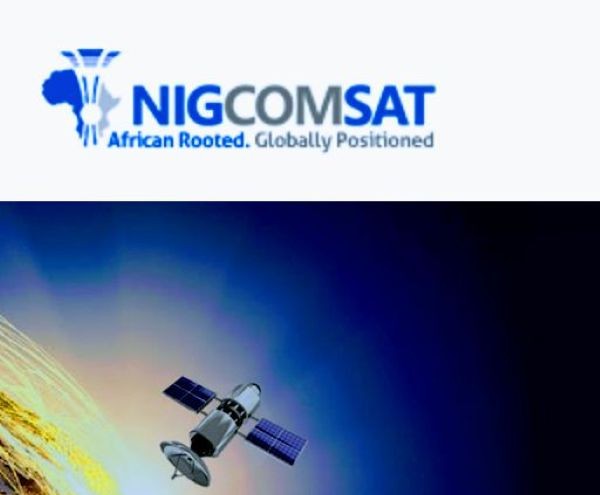NIGCOMSAT bridging the digital divide with Project 774
“We are committed to making this project a success..."
 The Nigerian Communications Satellite (NIGCOMSAT) Ltd. says it is bridging the digital divide through its participation in Project 774, an initiative aimed at providing services across the country.
The Nigerian Communications Satellite (NIGCOMSAT) Ltd. says it is bridging the digital divide through its participation in Project 774, an initiative aimed at providing services across the country.
Mrs Jane Egerton-Idehen, NIGCOMSAT Chief Executive Officer, said this during the launch of the National Broadband Alliance for Nigeria (NBAN) on Tuesday in Lagos
Kano set to digitalise markets, enhance IGR, transparency
Egerton-Idehen highlighted that Project 774, initiated by the Federal Ministry of Communication and Innovation last year, had already covered 51 local government areas across nine states.
She said the states included Kogi Cross River, Kwara, Imo, Ogun, Zamfara, Sokoto and Borno.
According to her, the project is a collaborative effort between government agencies, including NIGCOMSAT, the Universal Service Provision Fund (USPF) and Galaxy Backbone Ltd.
“We are committed to making this project a success, and we are putting our resources where our mouth is,” she said.
She emphasised that NIGCOMSAT’s participation in Project 774 was part of its efforts to promote an inclusive digital economy in Nigeria.
According to her, the company’s goal is to ensure that digital services are accessible to all, regardless of location.
Egerton-Idehen said the project would be implemented in phases over the next three years.
“We have already seen significant progress in the first phase, and we are committed to sustaining this momentum,” she said.
Egerton-Idehen highlighted the importance of collaboration and partnership in achieving the goals of Project 774.
“We cannot do this alone, and we are calling on all stakeholders to join us in this effort to bridge the digital divide in Nigeria, she said.
Egerton-Idehen described the growth in electronic transactions in Nigeria as a significant indicator of the country’s progress towards a digital economy.
According to her, the Nigeria Inter-Bank Settlement System reported transactions worth over one quadrillion since 2024, representing an 80 per cent increase compared to 2023.
Egerton-Idehen said the highest transactions were recorded in December.
“This is a clear indication that the country is moving towards a cashless economy,” she said.
Egerton-Idehen emphasised that the growth in electronic transactions was driven by the ease of digital transactions, which enabled people to conduct transactions remotely.
She added that the diaspora community contributed to the growth, as they were able to pay for services electronically.
“What we want is an inclusive digital economy, where digital services are accessible to all, regardless of location,” she said.











